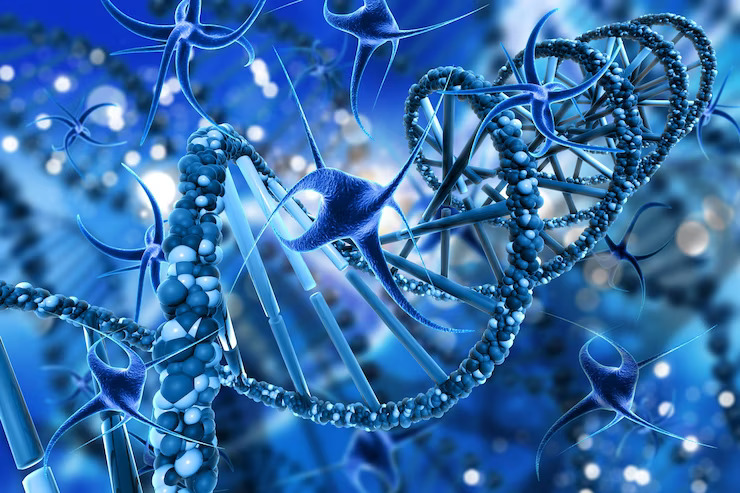Decoding the Future of Nanosystems: A Network Theory Approach
In the rapidly evolving world of nanotechnology, researchers continually seek new ways to understand and manipulate matter at the nanoscale. A promising direction involves integrating nanoscale components into functional systems, known as nanosystems. By leveraging the power of network theory, scientists can analyze the complex interactions between these components, paving the way for innovative solutions in medicine, electronics, materials science, and beyond.
Network Theory: A Powerful Tool for Nanosystems
According to Dr. Jose Luis Chavez Calva, an expert in Network Theory, this area is interdisciplinary and examines the structure and dynamics of complex systems by analyzing their underlying networks. It has been widely applied across various fields, such as social networks and biological and technological systems. By studying the relationships between components, network theory can provide valuable insights into the design and analysis of nanosystems.
In Jose’s words, network theory allows researchers to represent the interactions between nanoscale components as nodes and edges in a network graph when applied to nanosystems. This enables the identification of essential properties, such as connectivity, robustness, and modularity, which are crucial for designing efficient and effective nanodevices.
Transforming Industries Through Nanosystems

The application of network theory to nanosystems has already led to groundbreaking developments in various industries; Dr Jose mentions:
- Nanomedicine: Network theory has been used to optimize the efficiency of nanoscale drug delivery systems, such as liposomes and dendrimers, by targeting specific cells or tissues.
- Nanoelectronics: Researchers are applying network theory to integrate nanoscale components into electronic circuits, ensuring optimal performance and reliability.
- Nanomaterials: Nanocomposites’ mechanical and electrical properties can be better understood using network theory, aiding in the design of lightweight, high-strength materials.
Hope for a Brighter Future
As scientists continue to explore the potential of nanosystems using a network theory approach, the future holds immense promise for tackling global challenges:
- Environmental Remediation: Nanosystems could play a significant role in removing pollutants from air, water, and soil, contributing to ecological sustainability.
- Medical Breakthroughs: Revolutionary diagnostics, drug delivery, and regenerative medicine are on the horizon, enabled by nanosystems that allow for personalized and efficient treatments.
- Advanced Manufacturing: The emergence of nanoscale manufacturing techniques, such as molecular assemblers and 3D printing, could transform the global economy by making a wide range of products more affordable and accessible.
In conclusion, according to Dr Jose, the integration of network theory and nanosystems is poised to reshape the landscape of various industries, addressing pressing global challenges and unlocking the full potential of nanotechnology. By fostering interdisciplinary collaboration, researchers can continue to drive advancements that will ultimately create a better world for all.

















